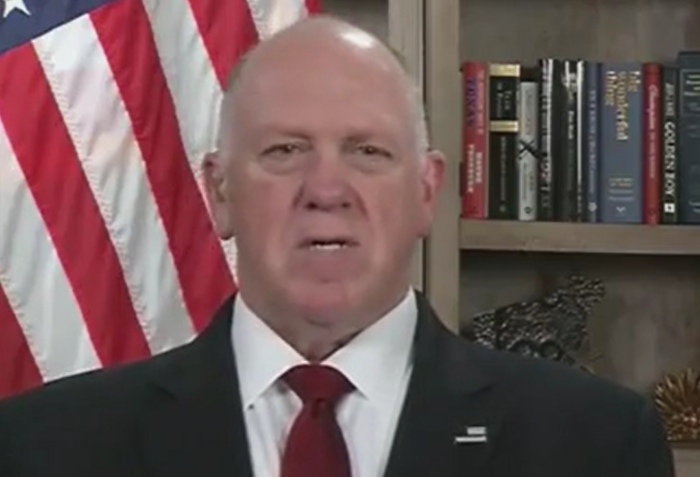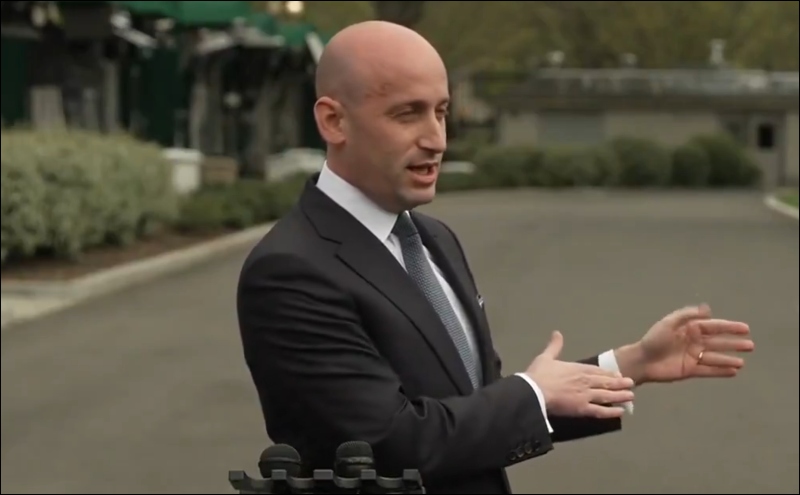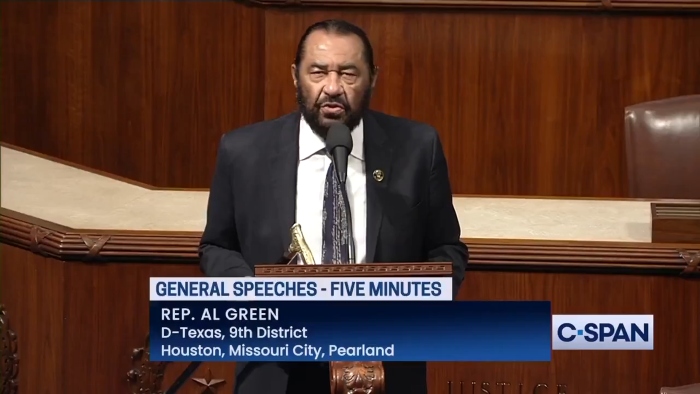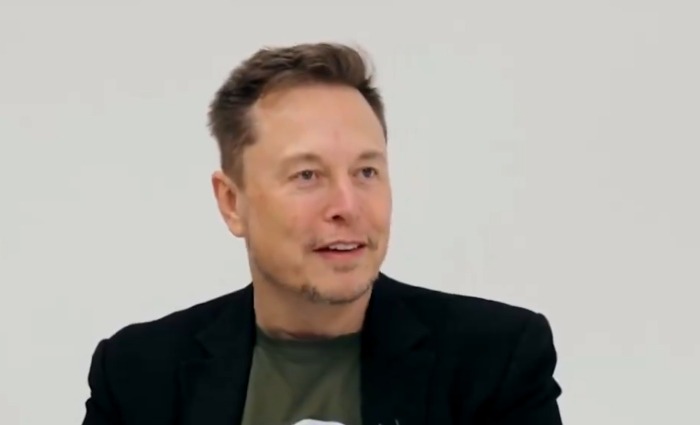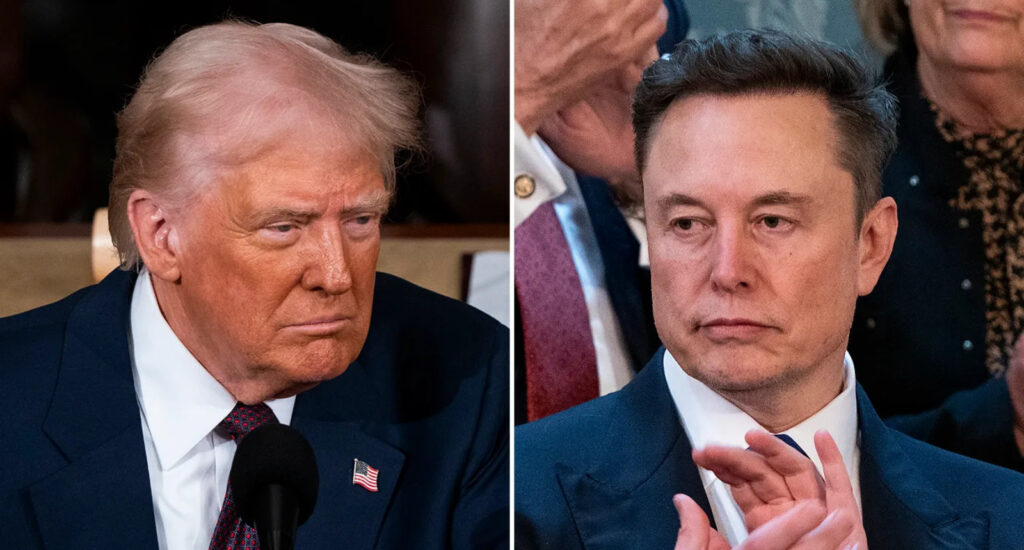Vice President JD Vance delivered strong support for President Donald Trump’s trade policies this week, arguing that it will have a positive impact on the United States long term.
While delivering remarks at the American Dynamism Summit, the vice president excoriated the entire premise behind globalism and eliminating manufacturing jobs in America.
“But first, President Trump is starting with and is dead serious about rearranging our trade and tariff regime internationally. It must happen. We believe that tariffs are a necessary tool to protect our jobs and our industries from other countries, as well as the labor value of our workers in a globalized market. In fact, combined with the right technology, they allow us to bring jobs back to the United States of America and create the jobs of the future,” Vance declared.
“Just look in the past few months at the auto industry as an important example. When you erect a tariff wall around a critical industry like auto manufacturing, and you combine that with advanced robotics and lower energy costs and other tools that increase the productivity of you as labor, you give American workers a multiplying effect. Now that, in turn, allows firms to make things here at a price-competitive basis,” Vance added.
“Our president gets that, which is why last month we posted 9,000 new auto jobs after many many years of stagnation or even decline in the auto sector. It’s why, just weeks in, we already have new plant or production announcements from Honda, from Hyundai and Stellantis worth billions of dollars and thousands of additional jobs on top the ones that were already created,” he continued.
Vance said, “I’d ask my friends both on the tech optimist side and on the populist side not to see the failure of the logic of globalization as a failure of innovation. Indeed, I’d say that globalization’s hunger for cheap labor is a problem precisely because it’s been bad for innovation. Both our working people, our populists, and our innovators gathered here today have the same enemy, and the solution, I believe, is American innovation, because in the long run it’s technology that increases the value of labor.”
“Innovations like the American system and the interchangeable parts revolution it sparked or Ford’s moving assembly line that skyrocketed the productivity of our workers — that’s how American industry became the envy of the world. And that’s what I really want to talk about today, why innovation is key to winning the worldwide manufacturing competition, to giving our workers a fair deal and to reclaiming our heritage via America’s great industrial come back, and I believe that’s what we’re on the cusp of, a great American industrial come back,” he concluded.
WATCH:
Global markets are facing renewed uncertainty following President Trump’s latest comments on tariffs, following a post he wrote on his Truth Social.
Trump administration officials clarified that the exemptions granted for electronic products on Friday are only temporary, with new tariff rates expected to be announced.
Citing national security concerns, officials also announced the imposition of separate tariffs on items like laptops and smartphones.
President Trump is also expected to introduce a special tariff on semiconductors, underscoring his push to shift the electronics supply chain back to the United States.
“NOBODY is getting ‘off the hook’ for the unfair trade balances,” Trump posted Sunday evening. “There was no tariff ‘exception’ announced on Friday.” He noted further that his administration would be “taking a look at Semiconductors and the WHOLE ELECTRONICS SUPPLY CHAIN” in an upcoming probe into national security and tariffs.
During last week’s turbulent stretch for international markets and companies, Trump raised tariffs on Chinese imports to 145 percent while reducing them to 10 percent for most other countries. Late Friday, his administration released a list of exemptions to the steep China tariff rate, offering a temporary reprieve to major U.S. firms like Apple and Nvidia, which were facing significant disruption, The Times of London reported.
However, by Sunday, Trump’s advisers clarified that a 20 percent tariff on Chinese electronics related to illicit fentanyl production remained in effect. They also confirmed that the president plans to introduce a new tariff specifically targeting semiconductors.
The upcoming tariff will be implemented under a separate mechanism, with the administration citing national security risks posed by relying on foreign-controlled semiconductor supply chains—similar to the justification used for Trump’s earlier tariffs, including a 25 percent duty on steel and aluminum starting March 12, tariffs on vehicles from April 3, and on auto parts beginning May 3. Pharmaceuticals are also being reviewed for similar action.
Meanwhile, China has called on the Trump administration to “completely cancel” its aggressive tariff policy. This follows Beijing’s move to halt exports of a wide range of critical minerals and magnets essential to global semiconductor, automotive, and aerospace industries.
According to The New York Times, shipments of these magnets—which are also vital for cars, drones, and missile systems—have been blocked at Chinese ports.
During a back-and-forth with reporters aboard Air Force One on Saturday, the president was asked about tariff exemptions for electronics and the possibility of semiconductor tariffs. He said: “I’ll give you that answer on Monday … But we’re taking in a lot of money. As a country, we’re taking in a lot of money.”
